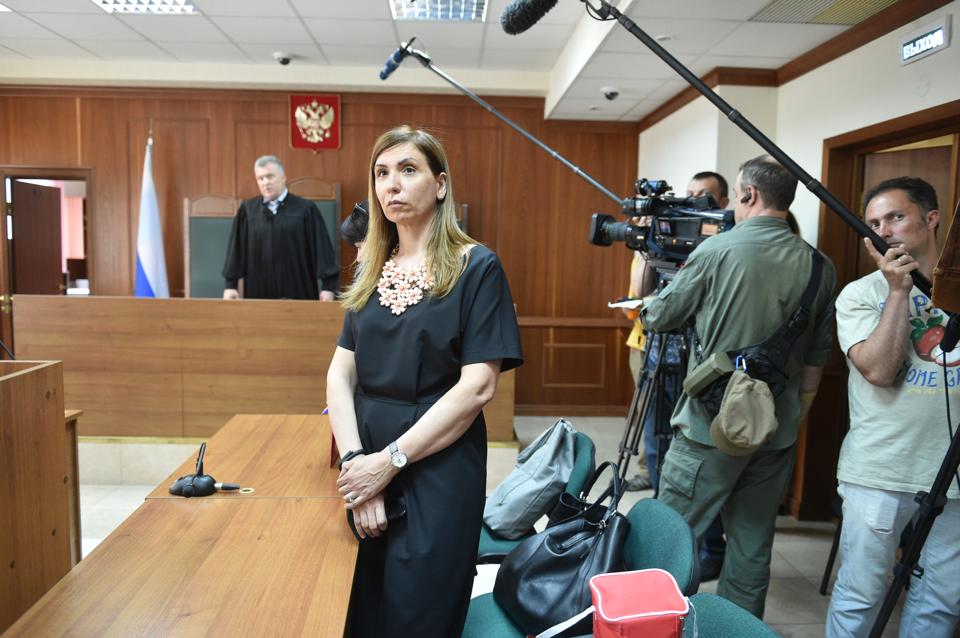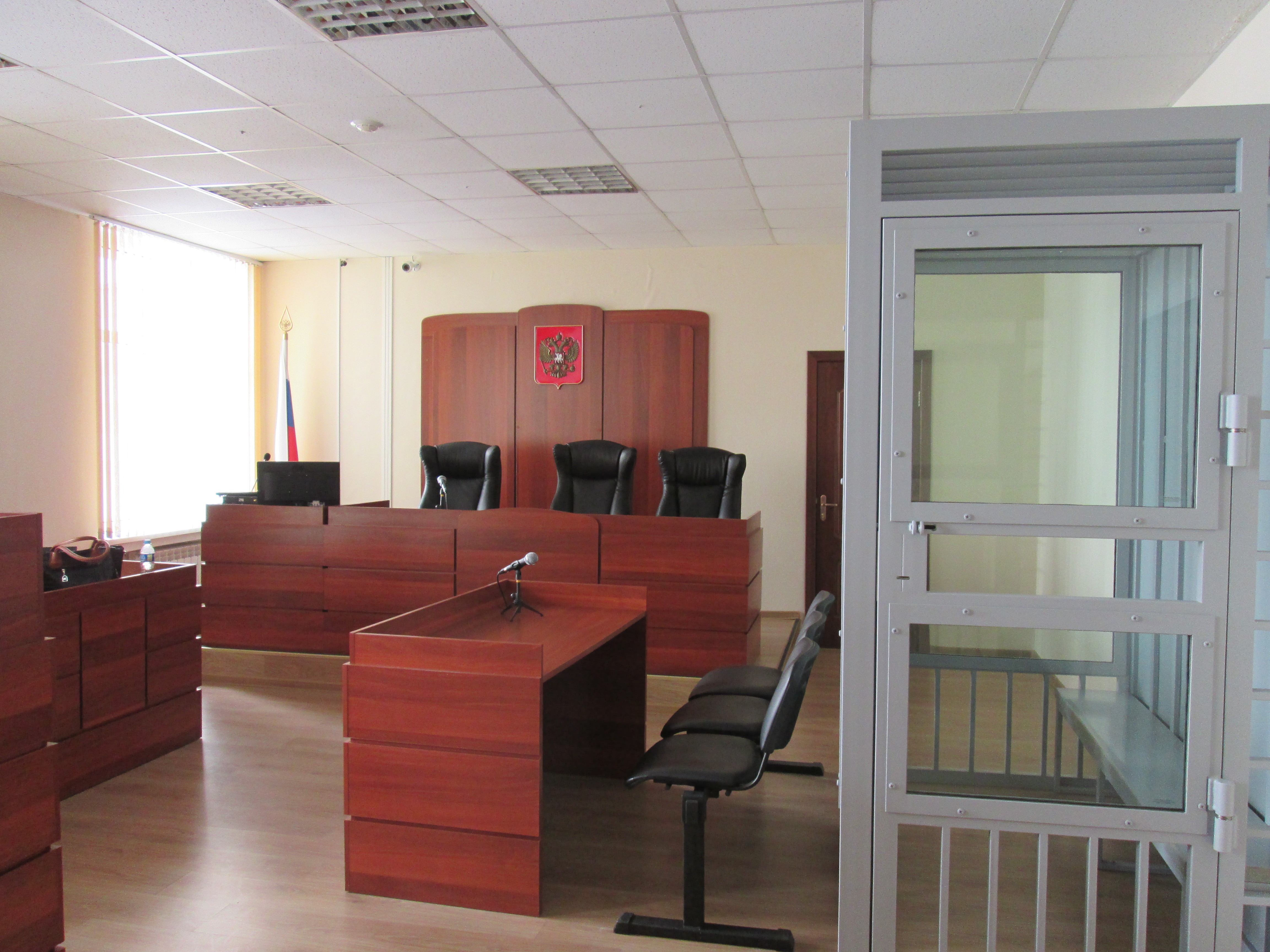Marina Kurkchiyan and Agnieszka Kubal bring together a number of excellent empirical researchers of the Russian legal system with the aim of contributing a series of first-hand empirical studies from the different corners and contexts of the justice system in Russia.
Much of the academic literature, analytical reports and media suggest that the justice system in Russia is rather unreliable, ineffective and corrupt. Scholars and practitioners alike stress numerous dysfunctionalities of the Russian justice system: it does not provide equal access to justice, it does not treat its litigants fairly, the enforcement of rights and obligations is erratic, and what some scholars describe as ‘telephone law’ still prevails in Russian justice system.

But perhaps the full picture is not as uniform?

The edited volume resulting from this collaborative project is forthcoming with Cambridge University Press (2017). Below you may find the table of contents.
| Chapter 1 | Introduction: The diversity of the experience of law in Russia. Marina Kurkchiyan and Agnieszka Kubal, Centre for Socio-Legal Studies, University of Oxford |
| Chapter 2 | The legal professionals at work: professional identity and the rules of the game. Marina Kurkchiyan, Centre for Socio-Legal Studies, University of Oxford |
| Chapter 3 | To go to court or not? The evolution of disputes in Russia. Kathryn Hendley, Law School, University of Wisconsin |
| Chapter 4 | How ordinary Russians experience the law in the courts of Justices of the Peace. Varvara Andrianova, Centre for Socio-Legal Studies, University of Oxford |
| Chapter 5 | In search of justice: migrants’ experiences of appeal in the Moscow City Court. Agnieszka Kubal, Centre for Socio-Legal Studies, University of Oxford |
| Chapter 6 | When business comes to court: Arbitrazh courts in Russia. Kirill Titaev and Timur Bocharov, Institute for the Rule of Law, European University at Saint Petersburg |
| Chapter 7 | Civil justice in Russia: defamation complaints against media, 1997-2011. Maria Popova, Department of Political Science, McGill University |
| Chapter 8 | Accusatorial bias in Russian criminal justice. Peter Solomon, University of Toronto |
| Chapter 9 | Decision-making in the Russian criminal justice system: prosecutors, judges and human trafficking cases. Lauren A. McCarthy, Political Science Department, University of Massachusetts Amherst |
| Chapter 10 | The Richelieu Effect: the Khodorkovsky Case and political interference with justice. Jeffrey Kahn, Law School, Southern Methodist University |
| Chapter 11 | Conclusions: the sociology of the Russian way of justice. Marina Kurkchiyan and Agnieszka Kubal, Centre for Socio-Legal Studies, University of Oxford |


